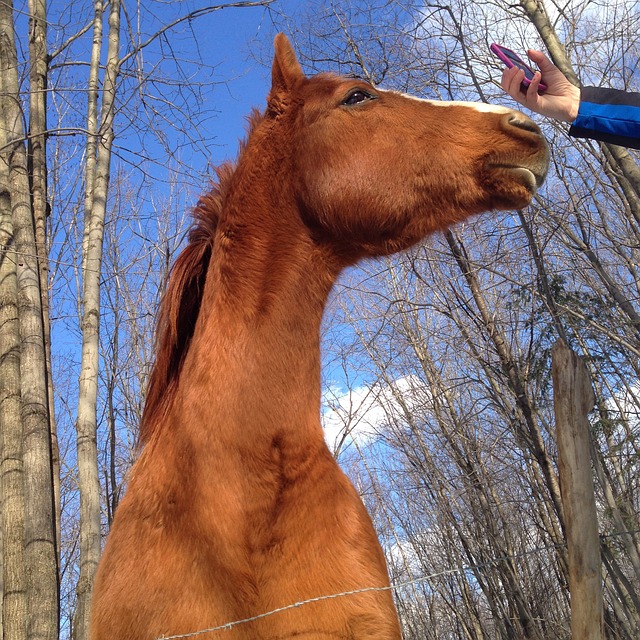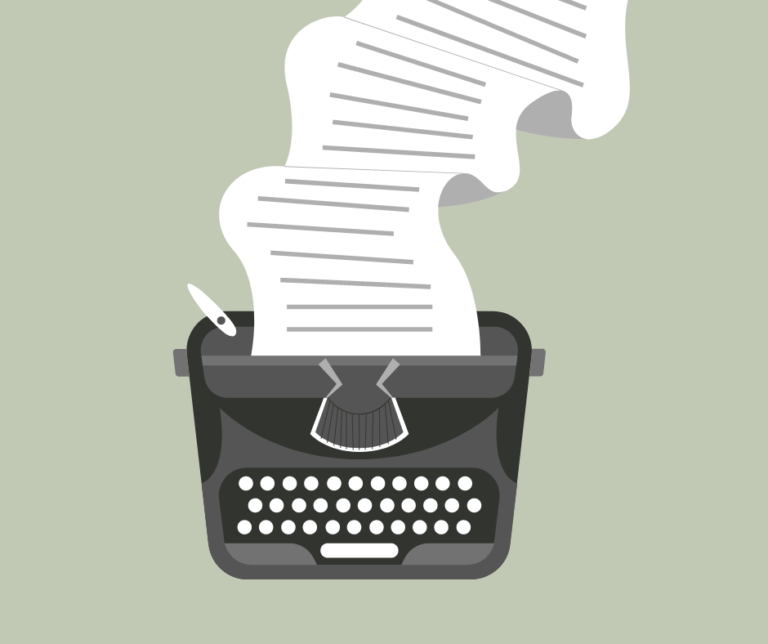
An old house has a past, whether you know about it or not…and that past echoes through the halls and the walls, whether you hear it or you don’t…and the idea of being forgotten makes an old house cranky…people too.

April loved her old Victorian home where she lived with her parents in a little town beside the sea.
But lately, she’d been hearing rustling.
No, that’s not the right word.
Hissing?
No.
Whispers.
Her house wasn’t what you might expect.
The family lived upstairs in a two-bedroom apartment.
But on the bottom floor, her parents ran their Sunshine Café.

The house smelled of bacon and pancakes, burgers and fries.
All day long.
The aromas made themselves comfortable in the walls and the drapes, the fabric of the furniture, and April’s hair and her clothes.
Even if she wanted to, she couldn’t forget she lived above a café.
But there were more than the smells buried in the walls of the house.
One summer evening, April sat on the floor below the window in her darkened living room and listened to the laughter and the chatter on the street outside.
Downstairs, her parents had finished cleaning.
Music blasted from the speakers.
They were likely dancing in the kitchen or playing cards at one of the tables.
April was supposed to be doing her summer reading.
She sat under the window until she thought she heard her mother in the hallway.
April flinched.
She would have jumped up, but her leg was in a walking boot contraption—due to an unfortunate accident on the last day of school. (She’d been getting a head start on her vow to become less worried and fearful about things over the summer break. Spoiler alert: a healthy dose of fear can be good…so can common sense. But that’s a story for another day.)
So, April did her best to push herself off the floor and hop over to the couch and her book as quickly as possible.
But it wasn’t her mother she heard.
It wasn’t her father either.
And it wasn’t coming from the hall.
April shuffled behind the couch and stopped in front of the little closet built into the wall where the murmuring appeared to be coming from.
“There’s nothing in there,” her mother had told her three times already. “The door is sealed shut from a century and a half’s worth of paint and humidity.”
April didn’t believe that.
She pressed her ear to the door.
The sound was like the whisper of the ocean in a seashell, saying, of all things,
“Remember me.”
The old house had always spoken to her, like when the hardwood floor squeaked underfoot or the walls creaked on a windy day.
But, “That was more than creaky floorboards,” said April.
She pressed her ear against the door again and jiggled the funny little handle, relieved the door wouldn’t open.
Confrontation—like fearlessness—was not her superpower, and she didn’t love the idea of coming face-to-face with whatever was in there.
“H-hello?” she stammered.
The voice stopped.
Just as well.
April went to bed thinking of all the things she was afraid of—the chance of her parents divorcing, one or both of them dying, moving away, failing fourth grade, crickets.
Being afraid of her house had never made that list.
Before her parents moved in, years before April was born, they discovered it used to be a house with a little tearoom nestled downstairs.
Who could be afraid of that?
Nevertheless, April’s skin prickled as she shut her eyes and let her mind wander and maybe stumble upon a solution or an explanation to the voice behind the walls.
In the days that followed, she tried to forget about it.
She knew that wasn’t much, as far as solutions go.
But nothing felt urgent.
Obviously, if it was a living, breathing person, it would have made a bigger commotion.
If it wasn’t living and breathing, well, there was no emergency then, was there?
So, every time she heard the dreamlike echo she would read her book, or hobble downstairs to help in the café or call her best friend.
Today, she and her mother baked cookies.
Her mother tapped her on the forehead. “By the way, the exterminator’s coming tomorrow. He’s going to poke around in our mysterious little closet.”
Tomorrow!
Nothing like a deadline to whip things into motion.
Once and for all, April wanted—needed!—to get into that closet and figure out just what was going on.
And she had to do it before the exterminator went in and blasted whatever was there to bits.
April dried and put away the last spatula and cookie tray and called her best friend.
Cassie would help her be brave.
“Do you feel like finding a ghost?” asked April.
“Who wouldn’t? I’ll be there in ten.”
Remember me.
April was sure that’s what she’d heard.
But who was saying it?
And why?
Was being forgotten even a thing?
Should she add it to her list of things to be afraid of?
Huh.
April tried to imagine being forgotten, the whole idea of her fluttering out the
window, over the sandy beach, and disintegrating like confetti over the ocean.
What would prevent that from happening?
A trail of breadcrumbs like in Hansel and Gretel?
Should people leave something behind that shouts, “Don’t forget me!”
Or whispers, “Remember me.”
April waited for Cassie at the top of the stairs, her sturdy boot a reminder not to do anything stupid.
Cassie bounded up the steps. “Where’s the ghost?”
April handed Cassie a chocolate chip cookie.
“Yum!” Cassie stuffed the cookie in her mouth, pulled April up and hopped with her to the living room. “It’s in here? How do you know?”
“Because it’s talking to me.”
“What’s it saying!”
“It’s saying, ‘Remember me.’” April tried to laugh. But it stuck in her throat.
“That’s weird. If I was ever trapped above a restaurant, I think I’d be asking for french fries. Are you sure it wasn’t the wind? Customers? Tourists outside?”
April shook her head. “Nope. It’s definitely coming from the closet. Did you bring your phone? We’re probably going to need your flashlight.”
Cassie rolled her eyes and whipped out her phone. “You need to get yourself one of these things, my friend.”
April waved her comment away.
From under the couch, she drew out the knife she had swiped from the kitchen.
She began slicing it down the space between the door and the door frame, splitting the ancient seal of paint all around.
“Done.”
The girls looked at the flakes of white paint at their feet.
April stared at the door, tapping the knife on her leg.
“Hello! Earth to April.” Cassie took the knife and set it on the couch. “You going in?”
April blinked and twisted the door handle.
She pulled on the door.
“Come on!”
She pushed and pulled until finally, with a crack and a pop, the door gave way and flung her against the couch.
A whiff of musty books and something sour and, certainly, bacon, drifted out.
The girls leaned forward and peered into the closet.
It was as dark as a nightmare.
April gulped. “Am I being stupid?” she asked.
“Are you asking me or the ghost?” said Cassie.
“Haha.” She was asking herself.
But she couldn’t come up with an answer.
Cassie tapped on her phone’s flashlight, lighting up the cavernous space and floorboards blanketed in dust.
“Some of the floor is missing,” said Cassie. “Want me to go in first?”
April really did. “No.” She peered into the closet again. “I can do this.”
Another fear to conquer.
Aside from the derelict cobwebs hanging down like icicles, nothing moved.
Nothing scurried.
Nothing whispered.
April took Cassie’s phone and stuck her head and shoulders through the doorway.
“Careful you don’t fall through the floor. Wouldn’t that be a surprise downstairs.” Cassie laughed.
April hadn’t thought of that.
Getting through the little door with her boot took some maneuvering.
A sprinkling of fear trickled down her spine, and she licked the sweat above her lip.
Once inside, she shined the light onto the floor and, with the toes of her good foot, tapped the boards to make sure they were solid.
Dust floated up with each step, catching in the flashlight beam, swirling and rising before giving up and settling back on the floorboards.
Yellowing, crumpled newspaper had been stuffed between the boards.
April figured she was right above the Café’s coffee station.
She’d be fine if she stayed on the solid wood beams.
“Oh!” April bent over a picture frame leaning against the rafters. “Cassie, get in here!”
In an instant, Cassie stood at April’s side, helping her turn around the painting.
The portrait of a serious young woman staring past them made the girls look over their shoulders before laughing at themselves.
The woman’s hair was swept up with a comb of pearls, and she was dressed in a shiny blue frock with frills at the throat.
“She doesn’t look happy, does she?” April tilted her head, assessing.
“Who do you think she is? Ooooh. Maybe she’s the one who’s been calling you.”
April shivered. “Maybe.”
She flashed the light in the nooks and crannies along one wall then focused on the opposite side.
“Look at this!”
April trained the light on a wooden trunk tucked into a corner.
“What if there’s rats in there? I draw the line at rodents.” Cassie shuddered. “Maybe it was a rat talking to you.”
“Don’t be silly.”
Somehow, seeing Cassie frightened knocked April’s fear down a notch.
They made their way across the floorboards and knelt beside the trunk.
Holding their breath, they lifted the lid.
Cassie squealed and April felt even braver.
No rats.
The trunk smelled of old perfume kept too long in a bottle—or too long in a
trunk.
Bundles of letters tied with faded ribbon were stacked like shale against the sides.
Rusted cake pans and fancy muffin tins clanged as the girls jostled the trunk.
A few brown and beige photographs—sepia tone—slid over each other.
Cassie reached in and pulled out a photo of a woman in a long dress and narrow boots.
“I think she’s the same woman in the painting. But her clothes aren’t as fancy.” April shined the light back on the portrait. “She has the same round cheeks, though. And look at her tiny smile. Like she knows something and can’t wait to tell someone. She looks older here.”
“Wiser,” said Cassie.
“Happier. Maybe something good happened to her between the painting and the photo.”
In another photograph, the woman clutched a thick white book to her chest.
April rummaged deeper in the trunk.
Her hand touched a binding, the spine of a book, and she pulled it up.
“It’s the same book as in the photograph.” April set it down to open it. “It’s full of recipes.”
Each bound page had a recipe written in loopy, old-fashioned, take-your-time writing.
April flipped to the front and focused the light on the writing in the middle of the page. “My husband Edgar’s tearoom. But these are my recipes,” read April. It was signed, “Emma Jane.”
A quiver of delight danced over April’s arms.
“This was their house. I’m living in Emma Jane’s house.”
“Do you think you heard her or Edgar?” asked Cassie.
“It was Emma Jane.”
April had no doubt.
She pointed to the photograph and ran her finger over the woman’s face.
“Look how she’s holding onto her recipes. Almost like they’re part of her.”
April lifted the book and blew the dust off the cover.
“I wonder why she was calling you,” said Cassie.
The book was another breadcrumb leading back to Emma Jane.
“She wanted us to find this. You know how you left your drawing in your desk for next year’s class to find?”
“I even signed it,” said Cassie.
“Well, this is what Emma Jane left instead of a drawing. So we’d remember her.”
And what would people remember about April?
What sort of trail will I leave behind? Skyscrapers of my own design? Stories? Paintings? Books full of my own recipes?
A world of possibilities danced before her eyes like sparkles of dust.
“I won’t forget you, Emma Jane.”
April heard an exhale, like a sigh, like the whisper of the ocean in a seashell…like Emma Jane.
END
Before you go, don’t forget to sign up for my mailing list, below:
Other posts mentioning September





